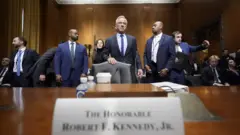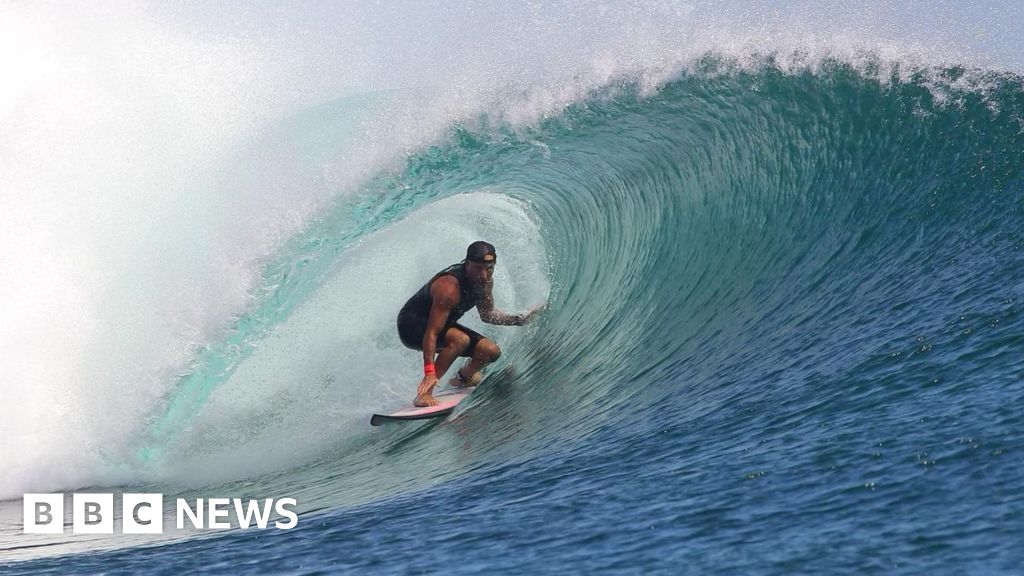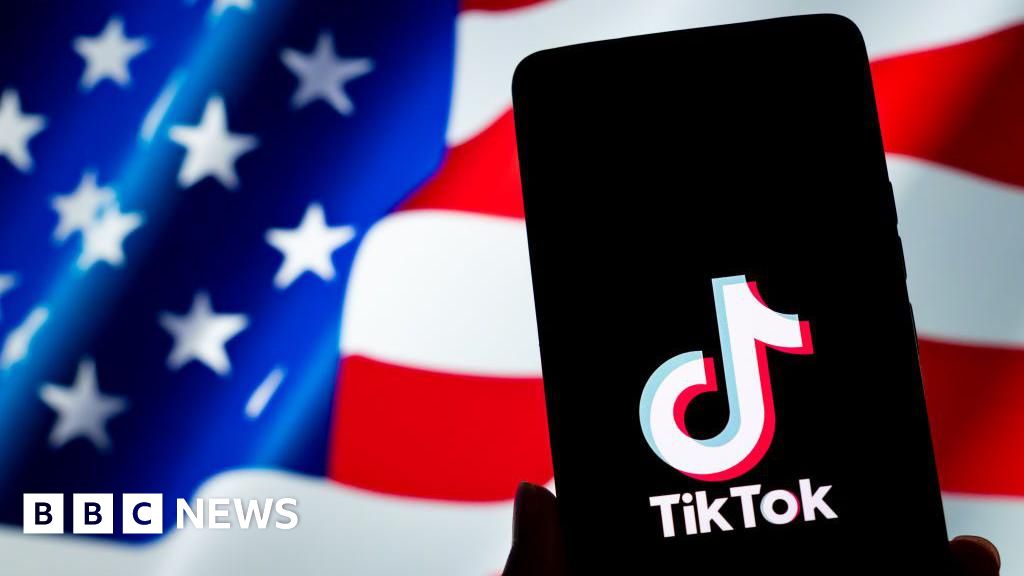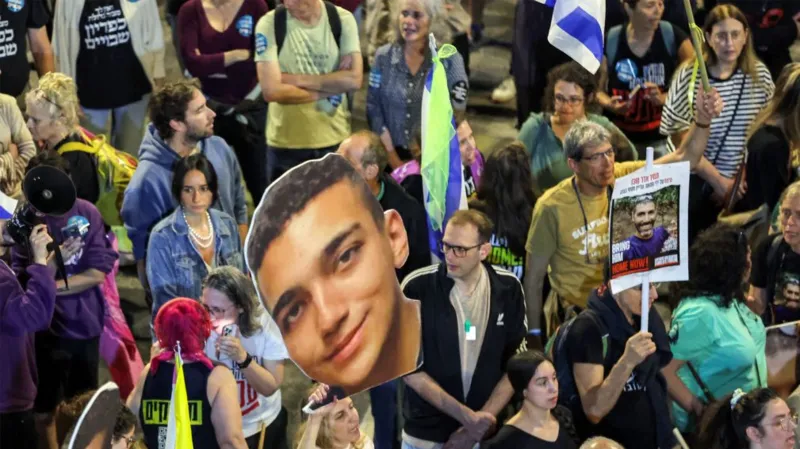Jim ReedHealth Reporter
 AP
APIn fiery Senate testimony this week, US Health Secretary Robert Kennedy Jr once again set his sights on the nation’s top public health agency, the Centers for Disease Control and Prevention (CDC).
His appearance came days after he suddenly fired the new CDC director, Susan Monarez, provoking a group of senior staffers to resign in protest.
At the hearing, when asked for an explanation, Kennedy claimed he had asked Ms Monarez if she was a “trustworthy person” and she had replied “no”, to some disbelief from his opponents in the room.
He then admitted he had once described the CDC as the “most corrupt” agency in government, and strongly hinted he’s not finished with his plans to shake up the organisation.
Kennedy’s words have sparked a furious backlash, with many doctors and scientists increasingly concerned that America’s public health systems are being dangerously compromised.
It’s a conflict that could have a significant impact not just on health policy in the US but across the world. In the past the CDC has been instrumental in global health, leading the response to crises from famine, to HIV, to Ebola.
Founded in 1946, the CDC tracks emerging infectious diseases like Covid and is also tasked with tackling long-term or chronic conditions such as heart disease and cancer.
It operates more than 200 specialised laboratories and employs 13,000 people, although that number has been cut by around 2,000 since President Donald Trump returned to office.
It does not approve or licence vaccines. That responsibility lies with the Food and Drug Administration.
But it does produce official recommendations on who should receive which vaccines through a panel of experts – known as the Advisory Committee on Immunization Practices (ACIP) – and monitors their side effects and other safety concerns.
Vaccine dispute
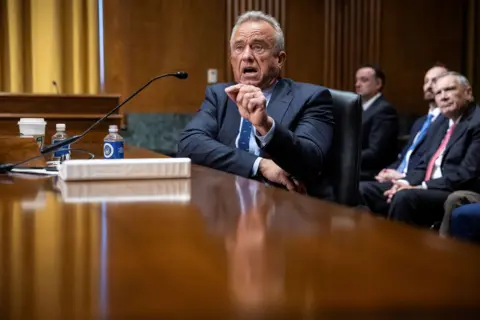 Politico AP
Politico APIt was Kennedy’s record on vaccines which particularly worried many public health experts when he took office in February.
An activist group he ran for eight years, Children’s Health Defense, repeatedly questioned the safety and efficacy of vaccination.
He has described the Covid jab as the “most deadly in history” and has blamed rising rates of autism on vaccines, an idea that has been categorically debunked by large scientific studies over many years.
So feathers were seriously ruffled just weeks into his tenure when it emerged he had hired a noted vaccine critic, David Geier, to look again at the CDC data on that scientifically disproven link.
Then in June Kennedy suddenly sacked the entire ACIP panel which advises the CDC on vaccine eligibility after accusing all 17 members of being “plagued with persistent conflicts of interest”.
A new committee, handpicked by the administration, now has the power to change, or even drop, critical recommendations to immunise Americans for certain diseases, as well as shape the childhood vaccination programme, although the CDC itself still has the final say on whether to accept that advice.
It’s that decision which has now been linked to the firing of the agency’s new director in late August, only 29 days into the job.
In a newspaper article this week Ms Monarez said she was sacked from the CDC after being told, by Kennedy, to “pre-approve” the recommendations of the ACIP committee which she said had now been filled with people who have expressed “antivaccine rhetoric”.
“It is imperative that the panel’s recommendations aren’t rubber-stamped but instead are rigorously and scientifically reviewed before being accepted or rejected,” she wrote.
“I lost my job, America’s children could lose far more.”
In his testimony Kennedy stood his ground, accusing Ms Monarez of lying about that exchange and describing her dismissal as “absolutely necessary”.
“We need bold, competent and creative new leadership at CDC, people able and willing to chart a new course,” he said.
Ms Monarez’s sacking led to a fresh wave of resignations at the agency as senior staff continue to walk out.
Over the last two weeks the CDC has lost its chief medical officer, its director of immunisation and its director of emerging diseases, amongst others.
“A huge top tier of CDC leadership has been removed, but this is also in the wake of the firing of thousands of CDC workers, including many well-respected experts,” says Dr Fiona Havers, a senior vaccine researcher who herself resigned from the agency in June.
“I’m a physician, and for my own integrity as a scientist, I did not feel I could continue to serve in that administration when it felt like the data we were putting together was not going to be used in an evidenced, science-based way.”
Kennedy was also criticised by some CDC staff for what they felt was a lacklustre response to a shooting at the agency’s Atlanta headquarters in August.
Kennedy visited the offices in the aftermath but he did not meet with staff members and continued to criticise the agency’s performance.
He did, though, start his testimony this week with a tribute to David Rose, the police officer who died in the shooting.
For the moment, Jim O’Neill, one of Kennedy’s top advisers, has been tapped up to run the CDC on an interim basis, until a new permanent director can be found.
O’Neill served in several roles in the health department under President George W Bush, but he has a business rather than a science background.
“During the previous administration, CDC lost public trust by manipulating health data to support a political narrative,” he wrote on social media on the day he was appointed.
“We are helping the agency earn back the trust it has squandered.”
More changes are certainly likely.
In his Senate hearing Kennedy said the CDC had lied to Americans in the pandemic about mask wearing, social distancing and the ability of the vaccine to stop the transmission of coronavirus.
“I need to fire some of those people and make sure this doesn’t happen again,” he said.
Global repercussions
The next flashpoint could come later this month.
On 18 September the CDC’s new vaccine advisory panel is due to meet to discuss Covid vaccines and other shots, including for hepatitis B and the RSV virus.
The panel’s recommendations and the CDC’s response will be carefully scrutinised, not just in the US but around the world.
“What happens in America is of great importance,” says Anthony Costello, a former director at the World Health Organization (WHO) and a professor of public health at University College London.
“We’ve done so much to protect science from political interference over the past 200 years and the concern is that America will pay a price for it and we might too, if we go in that direction.”
In the past, CDC teams have also had a major hands-on role in global health protection.
In 2015, for example, the agency had 3,000 staff working on the Ebola outbreak in Guinea, Sierra Leone and Liberia, with 1,200 of those on the ground in west Africa.
After taking office, President Trump withdrew the US from the WHO and ordered the CDC to cut off all communication with the organisation.
The concern from former CDC staffers like Dr Fiona Havers is what might happen if and when the next Ebola or Covid is eventually spotted and starts spreading.
“Taking a sledgehammer to the CDC and undercutting its programmes has left the US much less prepared for another pandemic,” she says.
“And that really has huge implications globally if another health emergency were to arise.”
